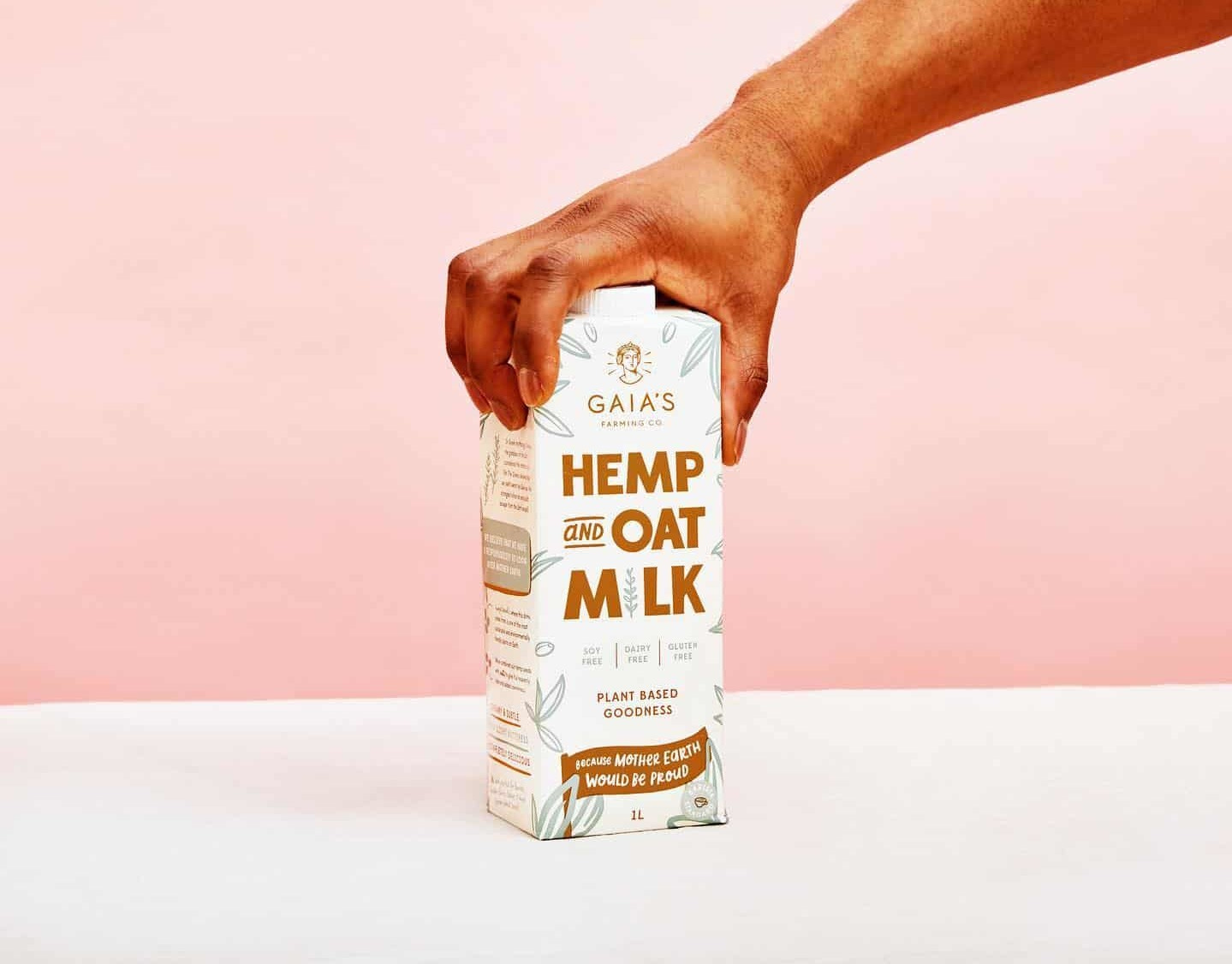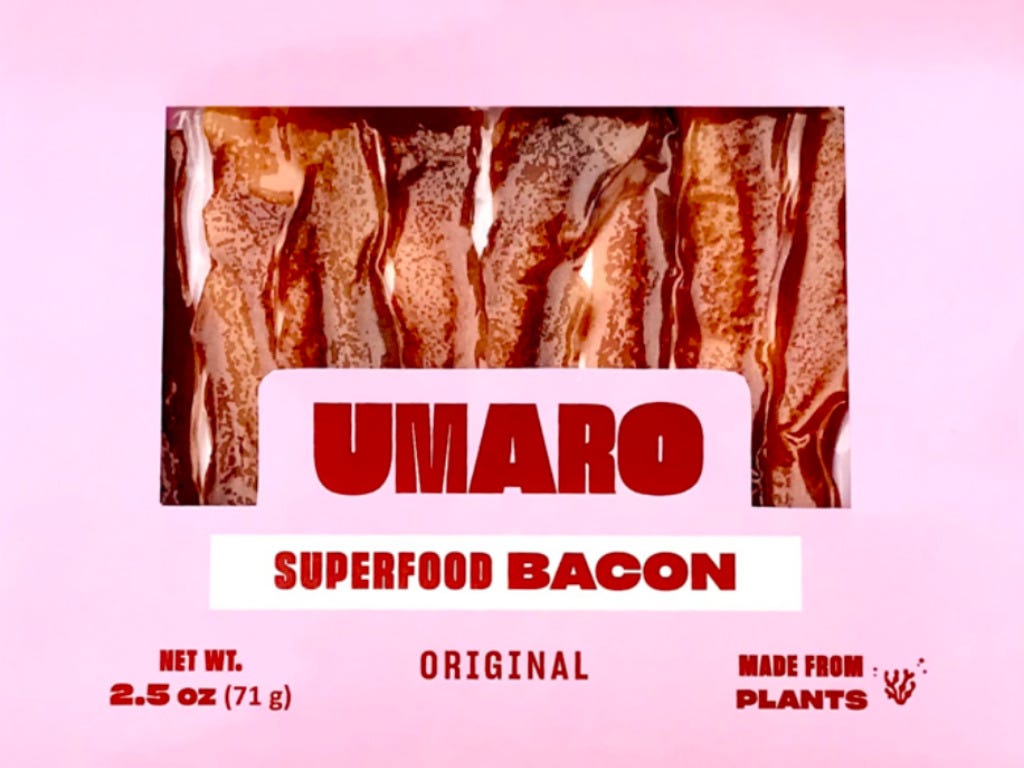One week in a post #33: Swiss Factory Farming, Ultra-Processed Polemics, Bacon Mania, Casein's Super Power.
3 Highlights of the Week
1/ Banning Factory Farming? Switzerland says no.
The Swiss government proposed that "No farm, regardless of its acreage, can have more than 300 veal calves, 1,500 pigs, or 27,000 broiler chickens." And 60%+ of citizens said NO, this week. For anyone who equates the phrase “factory farm” with the 32,000-head feedlots that produce over 40% of the beef consumed in the United States, Swiss animal husbandry will seem almost laughably quaint. The average dairy farm has just 24 cows, versus 300 in the US and 250 in Germany. Voters seems to share fear of not being able to eat meat anymore if factory farming would be completely banned.
2/ The Biden-Harris Administration Announces +$8B in New Commitments on Hunger, Nutrition, and Health
On Wednesday, September 28, the Biden-Harris Administration hosted the White House Conference on Hunger, Nutrition, and Health. The Administration has released a National Strategy with actions the federal government will take to drive solutions to these challenges. A major component of the White House's strategy is reliant on partnerships with companies and nonprofits. Private companies have committed over $8 billion in investments to help reach the White House goals. Go though this list to see how it might impact you.
3/ War against ultra-processed food. But what does it mean?
After months (years?) of plant-based alternatives hype, now it comes the time where a lot of people seems go against it. The main argument? They lack real plants, and they are “ultra-processed”. But not everyone is ok with this definition (are you? I don’t think I am). Innovators in the space claims that “processing per-se isn’t bad, what is bad is food that doesn’t have any nutritional value. Processing is very common in the food industry, to allow consumers to actually eat the product: there is no animal or vegetable fat that can be consumed “as found in nature”, for example. We couldn’t eat chocolate if you remove the process to make it from cocoa. Same for coffee, juices, or bakery products. Using “processed” as an assessment of a good or bad option, might leave aside important nutritional elements we don’t want to lose.
Recently raised $
Wicked Kitchen Raises $20M From Investors Including Woody Harrelson
Gaia’s Farming Co. Raises £550K for Sustainable Hemp M*lk
TissenBioFarm Raises $1.6 Million In Pre-Series A
Hexagon Bio Raises a $47 Million Series A to Develop Fungi-Based Medicine
Cult Food Science’s De Novo Dairy secures funding
Spanish startup Innomy raised $1.3 million in its pre-Series A funding round for its mycelium-based vegan protein.
London-based Adamo Foods secured $620,000 to launch Europe’s first “ultra-realistic” whole-cut steak alternative.
Climate Friendly Products of the Week
1/Umaro
Umaro Foods specializes in developing a plant-based protein source from ocean-farmed seaweed. Highlights:
Main ingredient. The meaty taste, color, and texture come from seaweed and Umaro’s proprietary red seaweed protein. Seaweed has been part of the human diet for ages. The "umami" taste was first discovered by a Japanese scientist describing the savory, meat-like, flavor of seaweed.
Women-led. Beth is a technology entrepreneur with a background in renewable energy (who also crashed it at Shark Tank!)
Across the supply chain. Umaro works on the ingredient production but the team decided to go consumer facing as well, launching their bacon.
2/ Change Food
Change Foods is a producer of animal-free cheese and dairy products. Highlights:
Problem. Change Foods focuses its efforts in recreating “the magic” of cheese — its stretching and melting properties, which being so unique, are often what keep consumers away from vegan dairy.
Technology. The Change Foods team decided to leverage precision fermentation since it has been safely used in dozens, if not hundreds, of products we consume every day for over 30 years.
Team. Strong team with previous experience in both the technology and Tha dairy industry.
3/ Tindle
Tindle makes chicken from plants. Made with chefs, for chefs. Highlights:
Branding. Strong, catchy, bold!
Business Model. In a space that is becoming more and more crowded, Tindle decided to go B2B, serving restaurants and food services.
Chefs. Tindle engages with tens of chefs to validate and improve their product.







